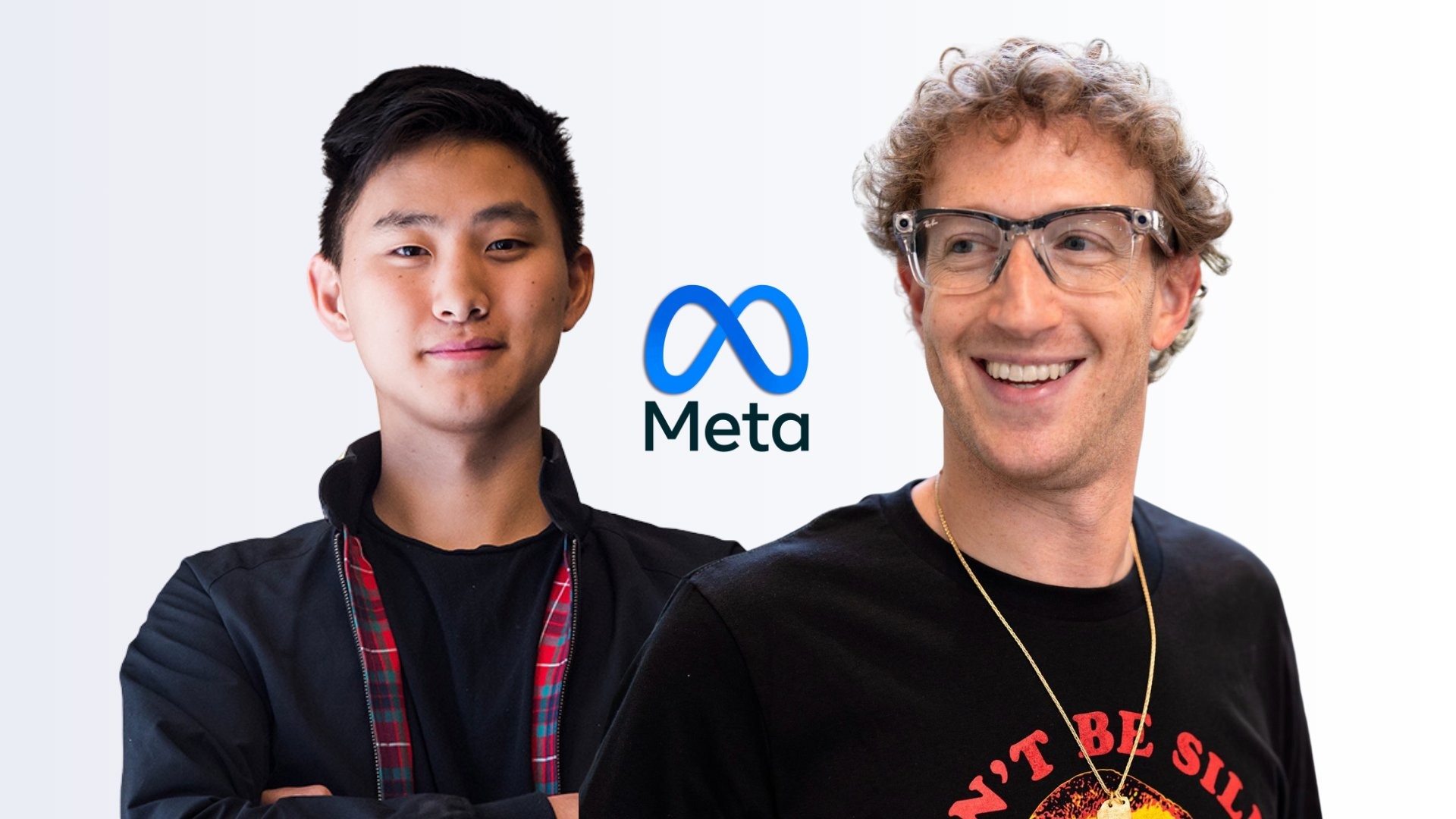Introduction
Artificial Intelligence (AI) continues to reshape technology, economies, and societies globally, driven by relentless innovation and massive capital flows. Central to this evolution are companies not just building AI models but providing the foundational data that fuels them. In this realm, Scale AI has emerged as a pivotal player — offering data-labeling services critical to the training of cutting-edge AI models used by giants such as Microsoft, OpenAI, and Meta.
Recently, Meta Platforms, the parent company behind Facebook, Instagram, and WhatsApp, reportedly entered advanced discussions to invest over $10 billion in Scale AI. This deal, if finalized, would be Meta’s largest external AI investment ever and one of the biggest funding events for a private company in history. Beyond the financial scale, this move highlights a strategic pivot in how Meta approaches its AI ambitions, emphasizing the crucial role of data infrastructure.
This article dives deep into the implications of Meta’s prospective investment, unpacking Scale AI’s role, the broader AI investment landscape, labor considerations, market and regulatory impacts, and what this means for Meta’s future in the AI arms race.
Meta’s AI Evolution: Ambitions and Challenges
Meta’s journey with AI spans over a decade, starting from leveraging AI for content moderation and personalization on Facebook to more ambitious projects in generative AI and large language models (LLMs). Its internal model, LLaMA (Large Language Model Meta AI), competes with rivals like OpenAI’s GPT and Google’s Bard. Deployed widely across Meta’s platforms, LLaMA aims to power chatbots, recommendation engines, and immersive experiences.
However, while Meta leads in scale of users and data, it faces fierce competition in the AI space, both technologically and financially. The rise of OpenAI backed by Microsoft’s massive capital infusion and Google’s deep AI expertise has pressured Meta to accelerate innovation and secure strategic partnerships.
One core challenge Meta grapples with is data quality. AI models thrive on vast, accurately labeled datasets to learn language nuances, object recognition, and context. Producing such data in volume is costly and complex. Historically, Meta relied mostly on in-house teams and contractors. Yet, as AI models grow more sophisticated, so does the need for more specialized and scalable data infrastructure.
Understanding Scale AI: The Data Powerhouse
Founded in 2016 by Alexandr Wang, Scale AI’s mission is to provide high-quality annotated data to accelerate AI development. It coordinates human annotators worldwide and leverages proprietary machine learning tools to transform raw data—images, video, text, sensor logs—into structured datasets. This data feeds the training of autonomous vehicles, natural language processors, and computer vision systems.
Why Data Labeling Matters
The success of AI models hinges on “ground truth” data — clean, labeled, and contextual information enabling machines to learn correct patterns. Automated algorithms alone cannot generate this; human insight is crucial. Scale AI combines crowdsourcing, quality controls, and AI-assisted annotation to deliver precise datasets at scale.
Scale AI’s Market Footprint
Serving marquee clients such as Microsoft, OpenAI, and Nvidia, Scale AI generated revenues approaching $1 billion in 2024 and projects surpassing $2 billion in 2025. Its valuation recently hit approximately $14 billion, reflecting investor confidence in the continued demand for its data services.
Scale’s client base includes defense and government agencies, adding another layer of complexity and prestige. It is increasingly recognized as the “data engine” powering many next-generation AI breakthroughs.
Meta’s Strategic Move: Why Invest in Scale AI?
Meta’s potential multi-billion-dollar investment in Scale AI is a strategic maneuver addressing several key priorities:
- Data Supply Chain Control: By investing in Scale, Meta gains privileged access to vast, high-quality labeled datasets crucial for AI training, reducing dependency on third parties.
- Cost and Efficiency: Leveraging Scale’s expertise and infrastructure can lower the operational cost of data annotation, accelerating Meta’s AI product cycles.
- Competitive Edge: Amidst Microsoft’s partnership with OpenAI and Amazon’s investment in Anthropic, Meta’s deal ensures it remains competitive in the deepening AI arms race.
- Defense Sector Synergies: Both companies hold government contracts, offering Meta enhanced capabilities in defense AI initiatives, a growing area of interest.
Labor and Ethical Dimensions
Scale AI’s workforce primarily consists of remote contractors who perform detailed, often tedious annotation tasks. In recent years, questions have surfaced about worker classification, fair wages, and working conditions. While the U.S. Department of Labor ended its investigation into Scale’s employment practices without penalty, the ethical debate continues.
Meta’s association with Scale brings scrutiny over labor practices within the AI supply chain. As governments and consumers increasingly demand transparency and ethical AI, addressing these concerns will be critical to the long-term viability of this partnership.
Financial and Market Implications
At an estimated $10+ billion investment, this deal would be a defining moment for Meta’s AI strategy and the broader private AI funding ecosystem. For Scale AI, the influx of capital could fuel rapid growth, expanded offerings, and international expansion.
However, the valuation and deal size bring risks — high expectations, integration challenges, and potential regulatory scrutiny related to antitrust and data governance.
Industry and Regulatory Context
The AI industry is under unprecedented regulatory and geopolitical pressure. The U.S., EU, and other jurisdictions are exploring frameworks to govern AI’s ethical use, data privacy, and labor rights. The involvement of defense agencies adds complexity, particularly regarding national security and export controls.
Meta and Scale will need to navigate this landscape carefully, balancing innovation with compliance and societal impact.
Future Outlook for Meta and AI
If the deal completes, Meta could redefine its AI roadmap. Enhanced data capabilities may improve:
- Personalized social media experiences
- Content moderation with fewer errors
- Advances in augmented and virtual reality (AR/VR) products
- New enterprise AI solutions
Meta’s willingness to invest heavily signals AI will remain at the company’s core future strategy.
Conclusion
Meta’s reported $10+ billion investment talks with Scale AI highlight a fundamental shift in the AI ecosystem: data and labeling infrastructure are now as strategic as the models themselves. This deal reflects Meta’s resolve to secure its AI future by controlling critical inputs and joining the escalating investment race.
The road ahead involves technical integration, labor and ethical challenges, and navigating complex regulatory waters. But one thing is clear: as AI becomes ever more integral to technology and society, companies like Meta and Scale AI are shaping the frontier.





